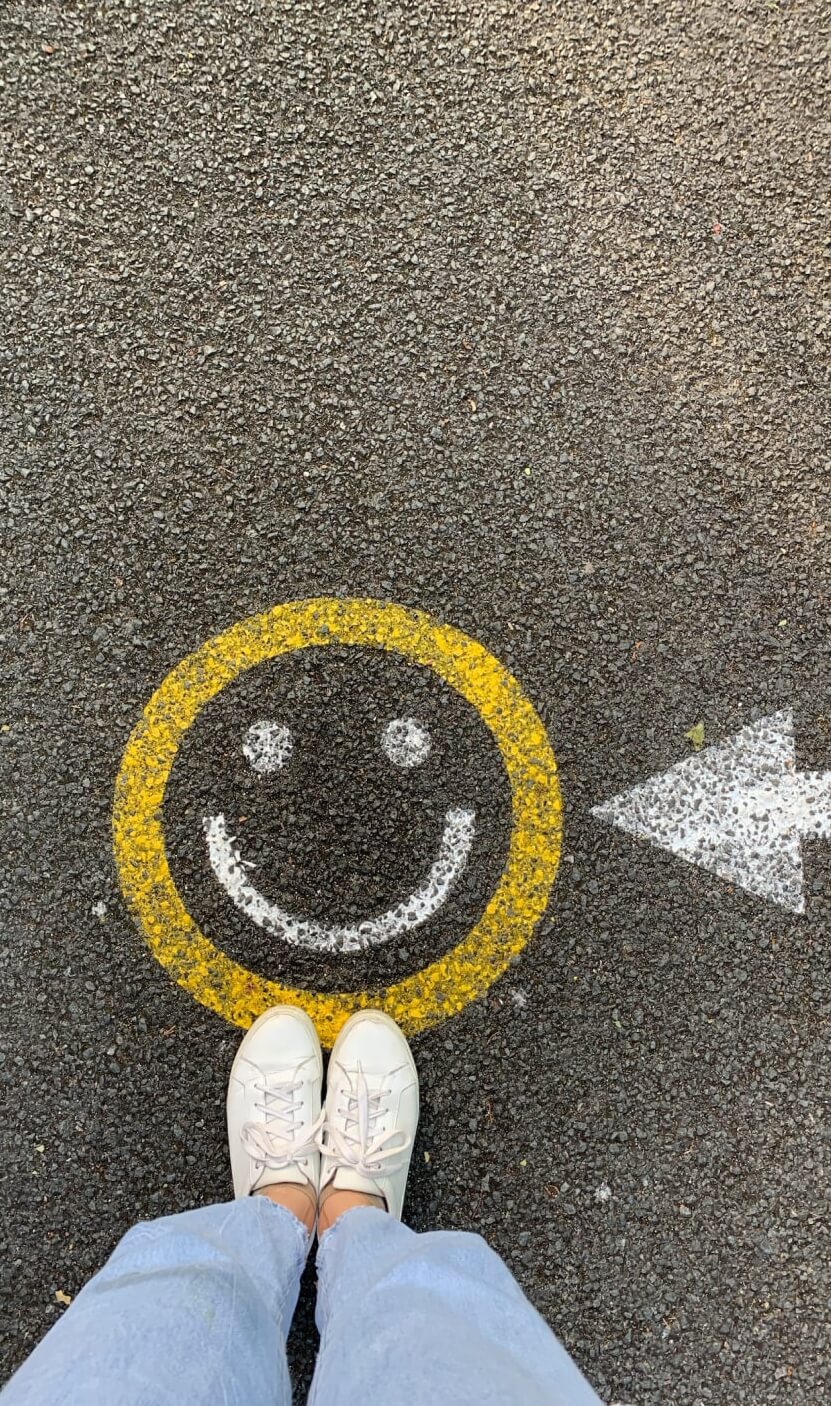Dialectical Behavior Therapy for Addiction in NYC
Self-Acceptance After Substance Abuse
Ascendant: Providing DBT Therapy in Brooklyn, NYC, and the Surrounding Areas
Dialectical behavioral therapy is a category within the field of cognitive behavioral therapy. While CBT emphasizes facilitating changes in behavior, DBT focuses more on developing healthy coping skills to manage stress and emotions with an emphasis on validation and self-acceptance.
The idea behind DBT is that all things in life are connected and that the only constant element is that change is inevitable. For those struggling with mental health issues or a history of substance abuse, this constant churn in life brings up many negative thoughts and emotions and a tendency toward overreaction.
This negativity can make it increasingly difficult to cope and grow as new inconveniences arise. In turn, this can lead to self-loathing and a sense of worthlessness at their inability to overcome real or perceived challenges. It may also manifest as a strong fear that they will not be able to keep up with these changes, leaving them feeling hopeless and stuck.



What Is Dialectical Behavior Therapy?
Dialectical Behavior Therapy (DBT) is an evidence-based intervention that focuses on developing a non-judgemental perspective towards self, circumstances, and surroundings. It was originally developed by Dr. Marsha Linehan from the University of Washington for the treatment of multiple personality disorders. Today, its effectiveness reaches well beyond a single diagnosis.
DBT concentrates on expanding mindfulness skills, similar to Buddhist practices. This modality operates on the belief that many problematic behaviors stem from both environmental and biological factors.
The core principles of mindfulness help the patient to focus on what’s happening at the moment and help them learn to increase positive awareness.
Throughout DBT therapeutic services, we want to help our clients to create more meaningful lives. We want them to balance self-acceptance while also giving a gentle therapeutic nudge towards making tangible changes.

How Is DBT Different From CBT?
Cognitive behavioral therapy seeks to follow the path from negative thought to correlating negative behavior. The goal is to identify the harmful thought pattern, change the automatic response and thus change the behavior.
Dialectical behavioral therapy helps patients discover new ways to accept themselves as they are. It aims to ensure patients feel safe and empowered to manage their own emotions and enable them to monitor self-destructive or undesirable behaviors.

What Does Dialectical Behavior Therapy in NYC Look Like?
At Ascendant, we know every patient’s circumstances, needs, and abilities are unique. Therefore, their treatment plan must also be custom-designed to match where they are and what they need.
Using evidence-based treatments & a holistic approach to patient care, our highly-qualified clinical and nursing staff are addiction industry experts ready to facilitate growth & healing for each individual.
Our DBT treatment programs consist of several tactics, from individual therapy sessions to group therapy & phone consultations. Each strategy adds value to the patient & moves them closer to their goals.
Individual DBT therapy sessions are offered in our comfortably luxurious space in the heart of NYC. Here, the patient will learn the necessary behavioral & coping skills that are suited to that individual’s unique life challenges.
Group DBT therapy in New York is another evidence-based practice that presents an opportunity for exposure to the experiences of others & positive interactions with them. Practical problem solving and role-playing are also common therapy activities. From these sessions, there may be journaling homework & accountability partners to keep skill development sharp while away from sessions.
Telehealth has grown significantly over the past few years but it has long since been part of most DBT therapy treatment plans. Here the patient will have phone access to their therapist in between individual sessions. They will receive additional guidance and feedback on current circumstances.

DBT Treatment Stages
Early sessions of DBT therapy will consist of identifying and addressing the most severe undesirable or self-destructive thought patterns and behaviors. This is when the patient may still be largely out of control and feeling helpless. To move forward, the first stage is to gain more behavioral control.
Once the behavior is externally moderated, the patient is often still in distress on the inside. The behavior may be improved, but their mental and emotional state is hindered, and their quality of life is poor. At this stage, the therapist will facilitate the move from depression or desperation to a more positive and healthy mental space.
Now the patient is relearning how to live in a healthy way and function more productively. The behaviors are under control, and their emotional state is lighter. They’re developing strong coping skills and this is the time to more fully accept themselves, plan for future goals, and enjoy life.
The final stage is where many patients begin to get more out of life and develop a stronger sense of spiritual connectedness. They have nurtured healthier relationships and are experiencing happiness and freedom while pursuing their goals.